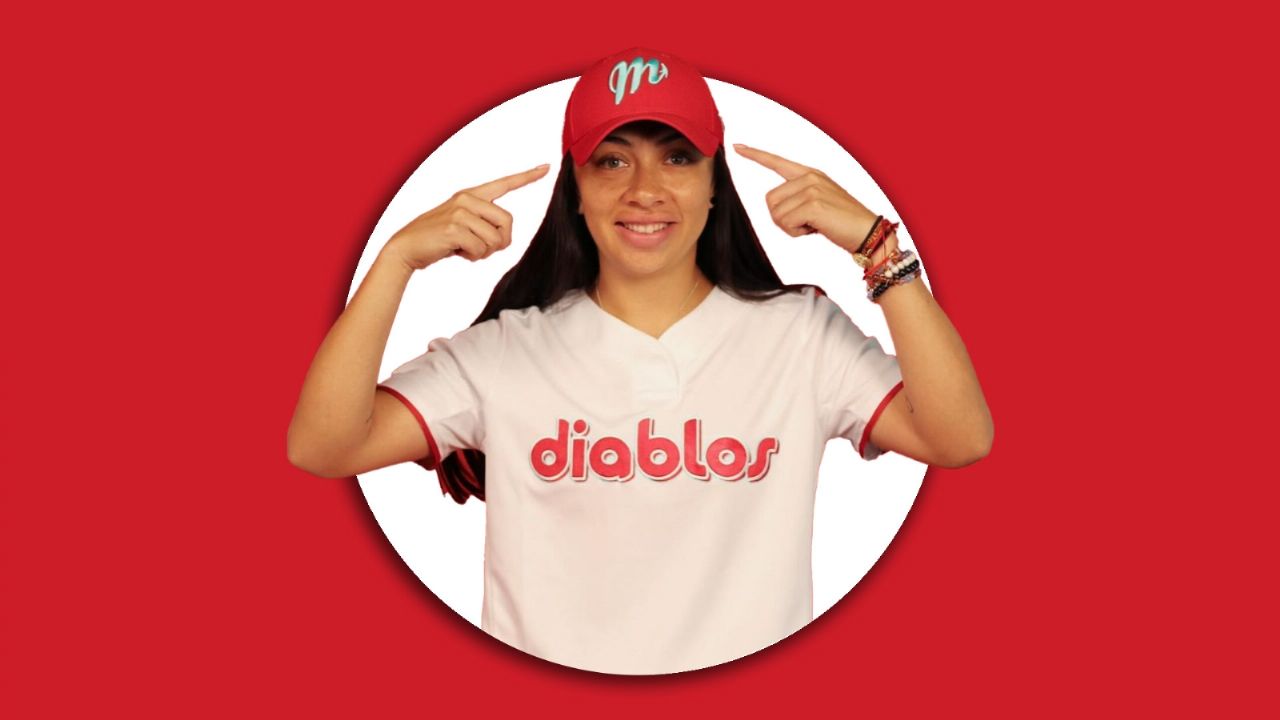HHS And The Controversial Autism-Vaccine Link Investigation

Table of Contents
The purported link between vaccines and autism remains a persistent and dangerous misconception, despite overwhelming scientific evidence to the contrary. This enduring controversy has fueled vaccine hesitancy, posing a significant threat to public health. Understanding the role of the Health and Human Services (HHS) in investigating these claims and dispelling misinformation is crucial to protecting communities from preventable diseases. This article will explore the history of the HHS autism vaccine link debate, examining the scientific consensus and highlighting the agency's efforts to combat misinformation.
<h2>The Origin of the Autism-Vaccine Controversy</h2>
The modern anti-vaccine movement, specifically regarding autism, largely stems from a 1998 paper published by Andrew Wakefield in the medical journal The Lancet. This study, which purported to find a link between the MMR (measles, mumps, and rubella) vaccine and autism, was later found to be fraudulent, based on falsified data and unethical research practices. The paper was ultimately retracted, and Wakefield was stripped of his medical license.
However, the damage was done. Wakefield's study, despite its flaws, ignited public fear and distrust, significantly impacting vaccination rates globally. This distrust, fueled by misinformation, continues to this day, leading to outbreaks of preventable diseases.
- Wakefield's study methodology flaws: The study had a small sample size, lacked a control group, and employed questionable statistical methods.
- Retraction and consequences: The study was retracted by The Lancet, and Wakefield faced numerous professional sanctions.
- The lasting impact on vaccination rates: The controversy led to a decline in vaccination rates, resulting in outbreaks of measles, mumps, and other preventable illnesses.
<h2>HHS's Role in Addressing Vaccine Safety Concerns</h2>
The Department of Health and Human Services (HHS) plays a critical role in ensuring vaccine safety and promoting vaccination. Several agencies within HHS are involved in this process, most notably:
- The Centers for Disease Control and Prevention (CDC): The CDC monitors vaccine safety through rigorous surveillance systems, collecting and analyzing data on adverse events following immunization. They also conduct epidemiological studies to investigate potential links between vaccines and health problems.
- The Food and Drug Administration (FDA): The FDA is responsible for regulating and approving vaccines before they can be marketed to the public. This process involves extensive testing and review to ensure both safety and efficacy.
The process of vaccine development, testing, and approval is rigorous and multifaceted, involving multiple phases of clinical trials and ongoing monitoring after a vaccine is licensed. This process aims to minimize risks and maximize the benefits of vaccination.
- CDC's role in vaccine surveillance and monitoring: The CDC's Vaccine Adverse Event Reporting System (VAERS) is a crucial tool for tracking potential adverse events.
- FDA's role in vaccine regulation and approval: The FDA's rigorous approval process ensures that only safe and effective vaccines reach the public.
- Ongoing research and data collection efforts: HHS continually supports research to further understand vaccine safety and efficacy.
<h3>Major Studies Debunking the Autism-Vaccine Link</h3>
Numerous large-scale studies, involving millions of children, have consistently failed to find any link between vaccines and autism. These studies employed robust methodologies and rigorous statistical analysis, definitively refuting the claims made by Wakefield and others.
- Citation and summary of key studies: Studies published in prestigious medical journals such as the New England Journal of Medicine, The Lancet, and JAMA have all concluded that there is no causal relationship between vaccines and autism.
- Sample sizes and statistical significance: These studies involved massive sample sizes, providing high statistical power to detect even small effects. No significant association was ever found.
- Consistency of findings across multiple studies: The consistent absence of a link across numerous independent studies strengthens the scientific consensus.
<h2>The Impact of Misinformation and Vaccine Hesitancy</h2>
The consequences of vaccine hesitancy are severe. Lower vaccination rates lead to increased outbreaks of preventable diseases, putting vulnerable populations at risk. Measles, mumps, rubella, pertussis (whooping cough), and other vaccine-preventable diseases have seen resurgences in recent years, largely due to decreased vaccination rates fueled by misinformation.
Social media platforms have unfortunately played a significant role in spreading false information about vaccines. Algorithms that prioritize engagement often amplify misleading or false claims, contributing to the spread of misinformation.
- Increased incidence of measles, mumps, rubella, etc.: Outbreaks of these diseases have demonstrably increased in areas with lower vaccination rates.
- Impact on public health and healthcare systems: These outbreaks strain healthcare resources and pose risks to public health.
- The role of social media algorithms in spreading misinformation: Social media platforms bear a responsibility to combat the spread of false information.
<h2>HHS Efforts to Combat Misinformation and Promote Vaccination</h2>
HHS has launched numerous initiatives to address vaccine hesitancy and combat misinformation. These efforts include public health campaigns, educational resources, and improved communication strategies aimed at building trust and providing accurate information.
- Examples of successful public health campaigns: HHS has launched campaigns using various media channels to disseminate accurate information about vaccines.
- Resources available to the public (websites, fact sheets): The CDC and other HHS agencies provide comprehensive websites and fact sheets addressing common vaccine-related concerns.
- Efforts to improve communication and transparency: HHS has worked to improve communication with the public, aiming to build trust and transparency.
<h2>Conclusion</h2>
The scientific consensus is clear: there is no link between vaccines and autism. Numerous large-scale studies have consistently failed to find any evidence supporting this claim. The HHS, through its various agencies, plays a crucial role in ensuring vaccine safety, conducting research, and combating the spread of misinformation surrounding the HHS autism vaccine link. Relying on credible sources of information, like the CDC and HHS websites, is essential to making informed decisions about vaccination.
We urge you to consult reliable sources, such as the CDC and HHS websites, to learn more about vaccines and dispel any misconceptions. Advocate for vaccination within your communities and help protect public health by countering the spread of misinformation related to the HHS autism vaccine link. The health and safety of our communities depend on it.

Featured Posts
-
 Licencia De Maternidad Pagada En La Wta Un Paso Gigantesco Para El Deporte Femenino
Apr 27, 2025
Licencia De Maternidad Pagada En La Wta Un Paso Gigantesco Para El Deporte Femenino
Apr 27, 2025 -
 Monte Carlo Masters 2025 Djokovics Shock Loss To Alejandro Tabilo
Apr 27, 2025
Monte Carlo Masters 2025 Djokovics Shock Loss To Alejandro Tabilo
Apr 27, 2025 -
 The Trump Factor How Alberta Differs From The Rest Of Canada
Apr 27, 2025
The Trump Factor How Alberta Differs From The Rest Of Canada
Apr 27, 2025 -
 Record Price Camille Claudel Bronze Sculpture Achieves 3 Million At Auction
Apr 27, 2025
Record Price Camille Claudel Bronze Sculpture Achieves 3 Million At Auction
Apr 27, 2025 -
 Brazil Game Justin Herbert And The Chargers 2025 International Debut
Apr 27, 2025
Brazil Game Justin Herbert And The Chargers 2025 International Debut
Apr 27, 2025
Latest Posts
-
 Pegula Defeats Collins To Win Charleston Title
Apr 27, 2025
Pegula Defeats Collins To Win Charleston Title
Apr 27, 2025 -
 Charleston Tennis Pegula Beats Collins In Thrilling Match
Apr 27, 2025
Charleston Tennis Pegula Beats Collins In Thrilling Match
Apr 27, 2025 -
 Pegula Triumphs Charleston Open Update
Apr 27, 2025
Pegula Triumphs Charleston Open Update
Apr 27, 2025 -
 Charleston Tennis Pegula Claims Victory Against Collins
Apr 27, 2025
Charleston Tennis Pegula Claims Victory Against Collins
Apr 27, 2025 -
 Top Seed Pegula Triumphs Over Collins In Charleston Final
Apr 27, 2025
Top Seed Pegula Triumphs Over Collins In Charleston Final
Apr 27, 2025
